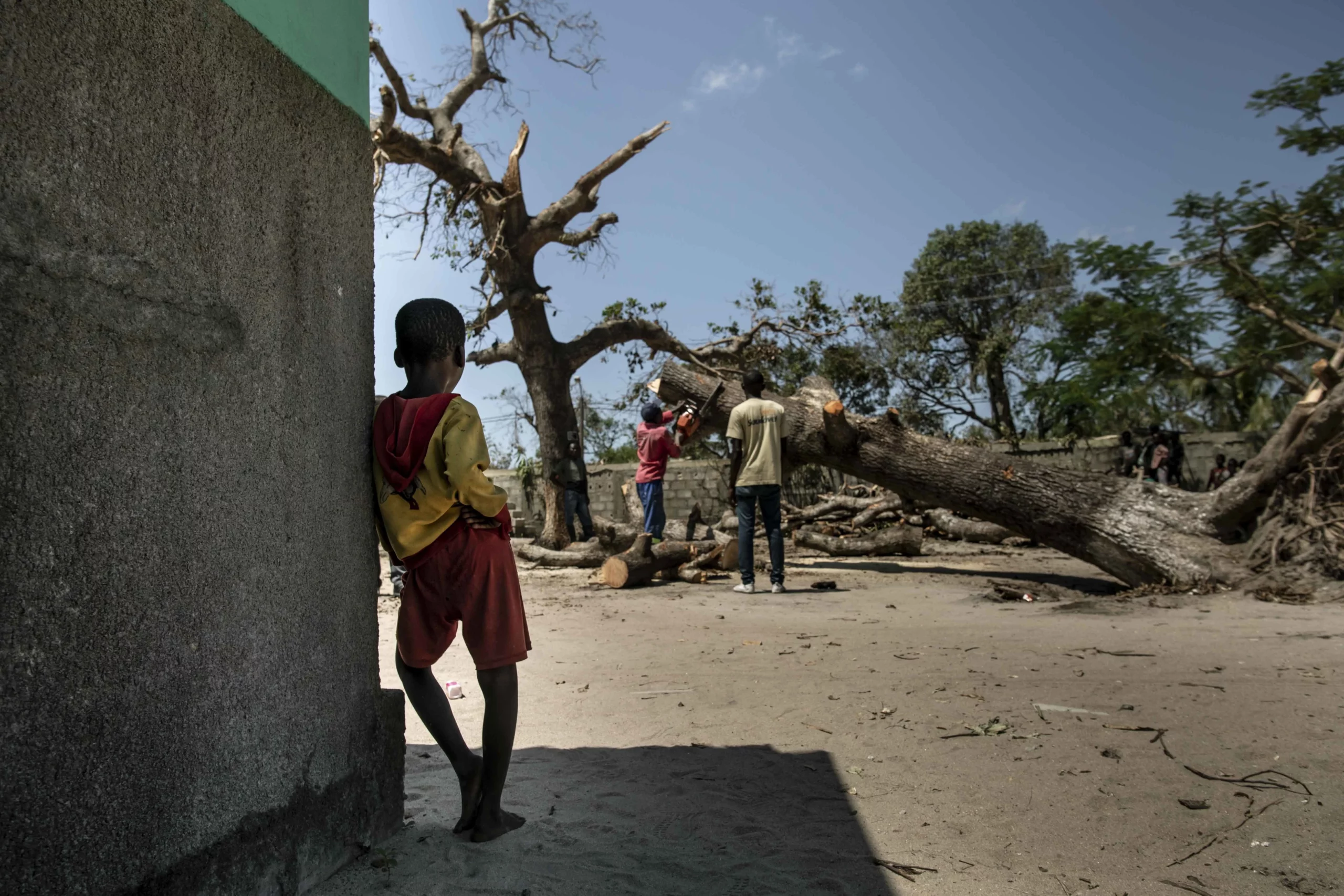The World Bank forecasts that climate change will intensify Mozambique’s developmental challenges in the coming years.
By 2050, poverty rates could rise by five percent, potentially affecting over 1.6 million people.
To tackle these challenges, Mozambique needs to invest about $37.2 billion by 2030. This investment will enhance climate resilience across human, physical, and natural capital.
Findings from the Mozambique Climate and Development Report (CCDR), released in December 2023, highlight these issues.
The report cautions that inequality might remain unchanged by 2050 under various climate scenarios without major structural changes.
Integrating climate change into Mozambique’s planning is crucial for building a resilient economy, the CCDR states.

Due to its vulnerability to climate impacts, Mozambique must prioritize climate action in its development planning.
The World Bank advises focusing investments on urgent resilience and adaptation needs.
It outlines four key priorities:
- adopting comprehensive adaptation strategies,
- prioritizing critical infrastructure development,
- protecting vulnerable populations and
- promoting green and resilient growth.
Additionally, the report suggests leveraging Mozambique’s energy and mineral resources.
Furthermore, the CCDR points out that future revenues from Liquefied Natural Gas (LNG) sales could strengthen the country’s debt sustainability.
Mozambique Needs to Invest $37B to Tackle Climate and Poverty Risk
These revenues are expected to provide significant budgetary support for climate adaptation and resilient infrastructure investments after 2030.
Overall, the report examines how climate change and global decarbonization could impact Mozambique’s development path and priorities.
It proposes strategies to respond to these challenges and explores options for climate-resilient development within a limited fiscal framework.
This approach aims to address both immediate and long-term needs, preparing Mozambique for a more sustainable future in the face of environmental changes.

